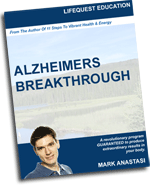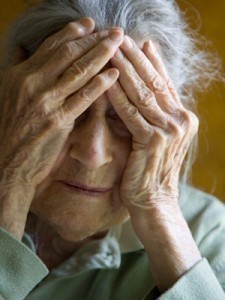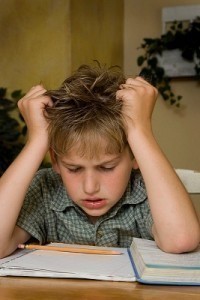Anxiety Attack Symptoms
A person’s individuality usually defines the different anxiety attack symptoms they manifest. The genetic make up of a person often determines the level of the early anxiety symptoms manifestation. There are various levels of anxiety attack symptoms that may range from minor to major symptomatic manifestations of anxiety that are quite different for every person. This may range from minor to major severity of symptoms.
Anxiety attack is a normal body response to stressful situations. It is in fact a natural response of the body when it senses danger. Anxiety always makes a person alert and focused and serves as a motivating factor to take action. It only becomes a problem once the anxiety attack symptoms become quite overwhelming and persistent resulting to interference of the person’s ability to perform normal functions and affect relationships with others. Awareness of the common anxiety attack symptoms is a helpful indicator to gauge whether your anxiety is one with minor or major severity that requires proper diagnosis and treatment.
Common Signs of Anxiety Attack
There are innumerable signs of anxiety attack that may involve emotional, psychological and physiological reactions. Fear and anxiousness are the most common signs of an anxiety attack. Early to minor anxiety attack symptoms may range from the feelings of apprehension, restlessness, fear, irritability, and tension. One may also experience physiological response of the body such as pounding heart, sweating, muscle tension, frequent urination, diarrhea, insomnia and fatigue.
These signs of anxiety are common in minor panic attacks but there are major anxiety attack symptoms that are considered disproportionate responses than a particular situation warrants. This results to uncontrolled anxiety, restlessness, depression and extreme fatigue. The anxiety attack symptoms become persistent that it affects the person’s ability to cope with stress that impairs their activities of daily living.
Anxiety Attack Diagnosis
The diagnosis of anxiety attack symptoms may involve thorough medical examination to determine the underlying causes for the anxiety attack. Personal and medical histories are essential tools used by psychiatrists to determine whether the symptoms are normal responses of the body to stress or may be excessive symptoms disproportionate to the underlying cause that require proper treatment. Major anxiety attacks are often accompanied with depression which must be determined when making a diagnosis.
A psychiatrist shall make the accurate diagnosis for anxiety attack by ruling out other possible underlying conditions that accompany and trigger the anxiety attack symptoms. There are screening tests used to obtain accurate diagnosis for anxiety such as the Hamilton Anxiety Rating Scale, Beck Anxiety Inventory and Anxiety Disorder Interview Schedules. These tests are helpful tools in categorizing anxiety attacks as minor and major anxiety attack symptoms.
Anxiety Attack Treatment
The treatment options for anxiety attacks consist of medications and cognitive-behavioral therapy. The type of treatment into consideration is highly based on the severity of the anxiety symptoms. Early to mild symptoms of anxiety are treatable with behavioral modification and therapy. Medication treatments are basically reserved for major symptoms of anxiety.
The treatment involved is directed not only treating the symptoms of the anxiety but also includes treatment for the underlying causes. Medication is most effective when it is combined with behavioral therapy.
There are other anxiety treatments that suffice to address minor anxiety attack symptoms such as relaxation techniques, hypnosis, biofeedback and exercise. You can always discuss your treatment options with a health professional in order to find the best treatment for your anxiety attack symptoms.








Thanks for this great article. Finally someone who will tell the differences between the three issues! Very helpful to this anxious girl.